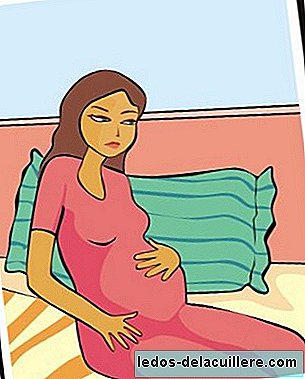
Since we started hearing news about the Zika virus and the WHO declared the global health emergency, it was a matter of time before the first cases appeared in Spain. Today The second case of Zika in a pregnant woman has been diagnosed in Barcelona (The first also resides in Catalonia). Both had traveled to a Latin American country and imported the virus.
Both are fine. With these two pregnant women, there are now nine in total cases detected in Catalonia and 24 detected in Spain (nine in Catalonia, where the two pregnant women reside, five in Madrid, three in Castilla y León, two in Aragon, two in Asturias, one in Andalusia, one in Murcia and one in Navarra).
What is the Zika virus?
Zika virus is transmitted by mosquito bites Aedes aegypti, also bearer of dengue and Chikungunya. It was first identified in 1947 in Uganda, specifically in the forests of Zika, hence its name.
From the moment of the bite it can take between three and 12 days of incubation, although after this period, not all people develop symptoms. Only one in four people.
The symptoms are not especially severe in adults. It produces mild fever, red spots on the body, conjunctivitis, muscle pain, weakness. Other less frequent symptoms: vomiting, diarrhea, abdominal pain and lack of appetite.
But if the bite occurs in a pregnant woman, the consequences for the developing baby can be very serious. Although they are still studying the effects on the fetus, it is related to microcephaly (smaller than normal head) and neurological symptoms in newborn babies.
Should we worry?

Both pregnant women are well and are being closely monitored to closely monitor any symptoms that could be related to malformations in the fetus.
Between 200 and 250 cases imported from Zika are expected in our country, so there will surely be more cases of pregnant women.
Precisely, the Ministry of Health has today announced a protocol for monitoring pregnant women with Zika agreed with the Spanish Society of Gynecology and Obstetrics (SEGO) that establishes:
In the case of pregnant women with laboratory data confirming the presence of the Zika virus, serial ultrasounds will be performed to control growth and, above all, fetal morphology every two weeks, the competition for advanced obstetricians in prenatal ultrasound diagnosis being essential and in the diagnostic suspicion of fetal infection.
However, having Zika virus infection does not mean that the baby will be affected. Hopefully in these two cases it will be so.











